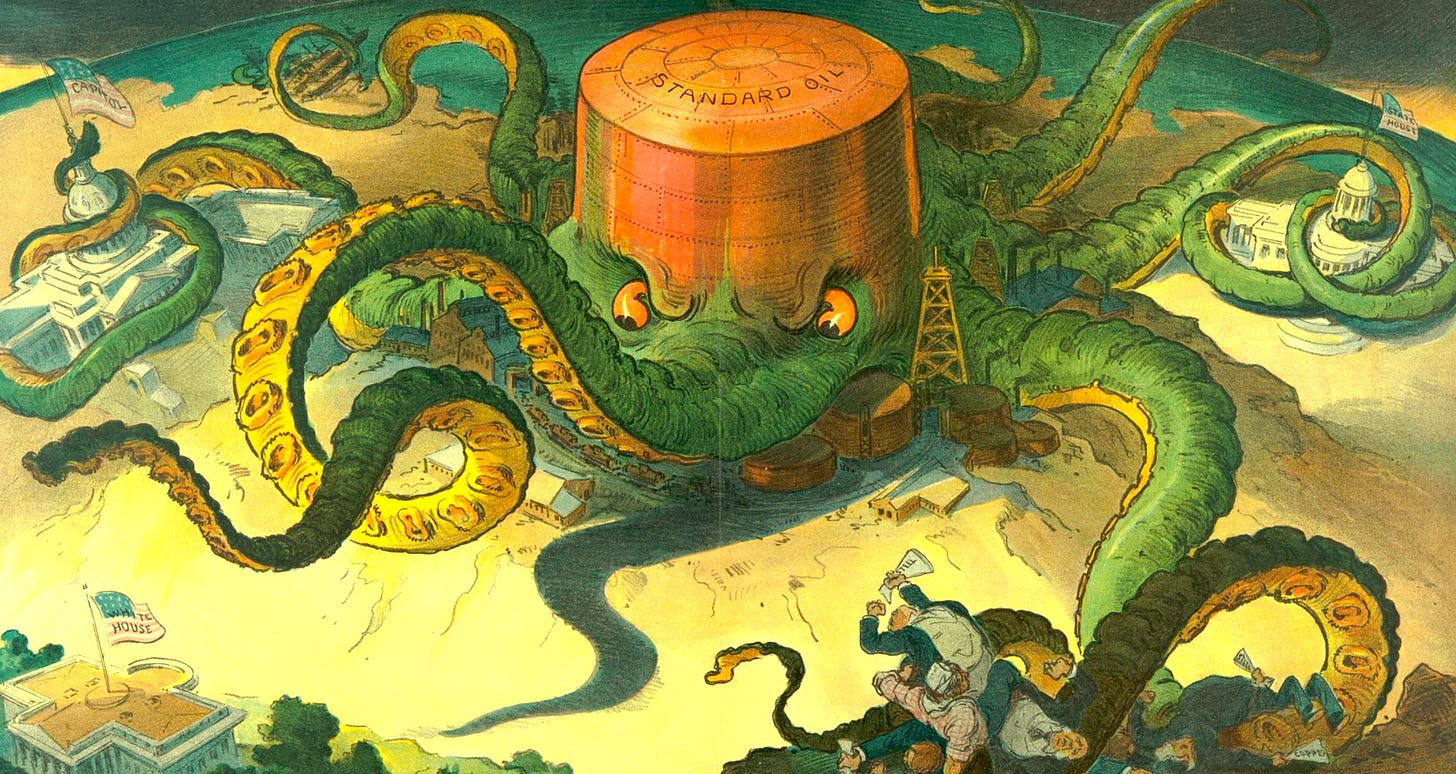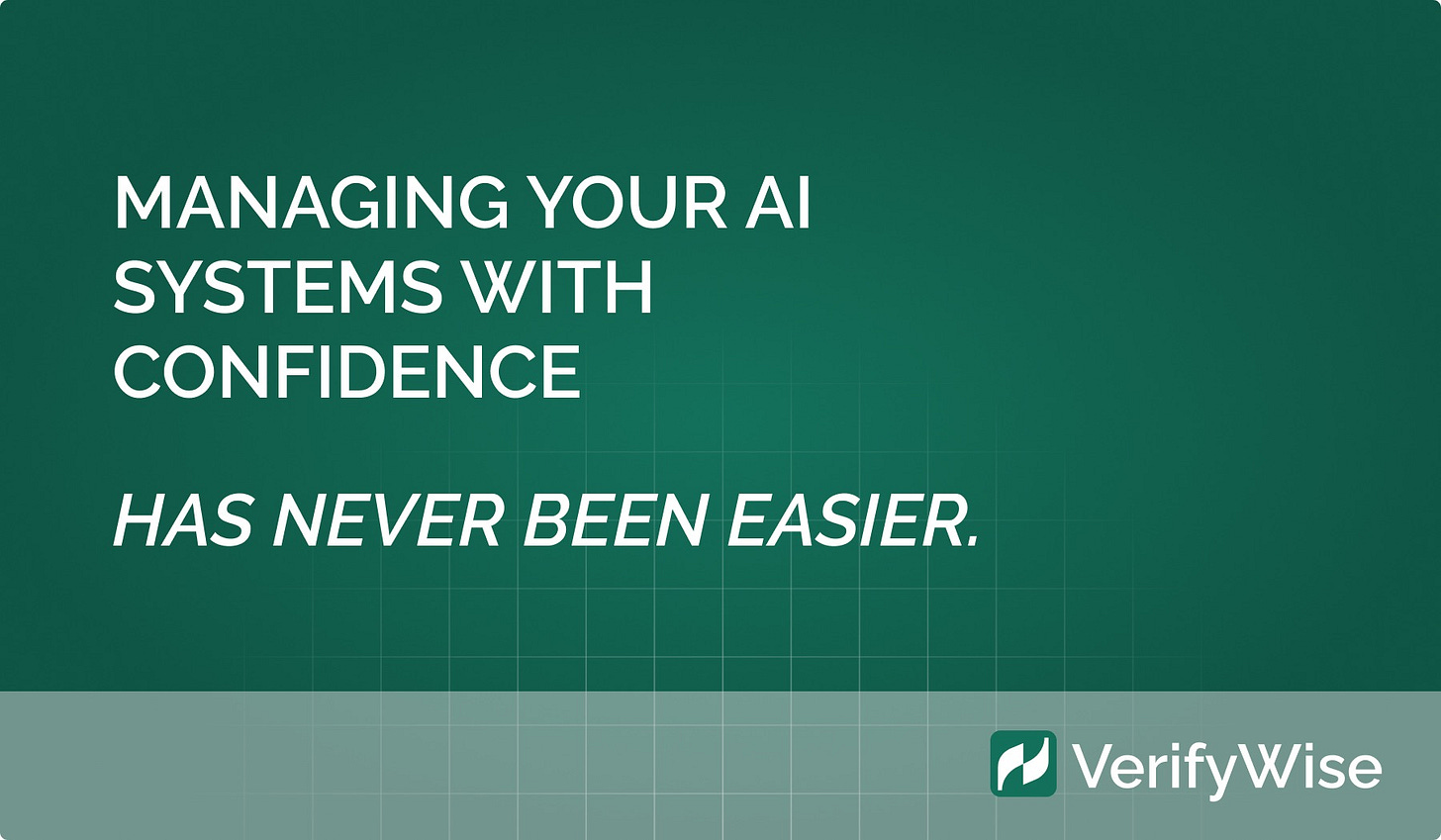AI Is Changing Rapidly
The year 2025 brought the economic, political, legal, and cultural positive nods that AI needed to keep swaying the world. Not without a price | Edition #252
Hi everyone, Luiza Jarovsky, PhD, here. Welcome to our 252nd edition, trusted by more than 86,400 subscribers worldwide.
As the old internet dies, polluted by low-quality AI-generated content, you can always find raw, pioneering, human-made thought leadership here. Thank you for helping me make this a leading publication in the field!
Before we start, a special thanks to VerifyWise, this edition’s sponsor:
As your company adds more AI projects, keeping track of them all can feel like lifeguard duty on a busy day. VerifyWise watches the pool for you, connecting every model, use case, risk, and control in one clear dashboard. It’s built for teams that manage AI at enterprise scale without extra complexity. Try VerifyWise’s AI governance platform without commitment.
AI Is Changing Rapidly
We barely blinked, and 2025 went by. In nine days, the generative AI wave will turn three years old.
Since the beginning of the wave, I would say that 2025 is the year that has brought the most paradigm shifts in AI (and there are still 39 days left until we begin 2026).
Although every technological wave brings change, the past months in AI have rapidly deconstructed some of the legal, ethical, and even economic paradigms that were established over the previous three decades.
As someone who has been carefully observing, reporting, and dissecting AI developments, I am impressed and almost shocked by the level of transformation and consolidation that occurred in 2025, in various sectors, and from different perspectives.
For a technological wave to sway the world, it needs positive nods from the economic, political, legal, and cultural spheres. If any of these spheres presents strong objections, the wave will get stuck. Most people have not realized it, but in 2025, AI got all the positive nods it needed to continue spreading.
From an economic perspective, we have been watching AI companies receive astronomical valuations that do not reflect their existing or projected revenue. The numbers do not seem to add up, and many are getting a glimpse of the dot-com bubble.
Warnings of an AI bubble are everywhere, even from the CEOs of AI companies themselves. In August, Sam Altman said, “Are we in a phase where investors as a whole are overexcited about AI? My opinion is yes.” Three weeks ago, Google’s CEO, Sundar Pichai, said that there was some “irrationality” in the current AI boom.
It feels a bit like we are watching a train wreck, but it is a new kind of train, and everybody is in awe of its shine, colors, and speed. Because people are afraid of acting and then being accused of not liking trains, nobody does anything.
In the political sphere, chiefs of state have promised their constituents that their countries will “lead” or “win” the AI race, and new alliances, commitments, orders, tariffs, restrictions, and deals are built around that promise, even if the exact meaning of “winning” is unclear.
A central part of Trump's election campaign, and perhaps the most important factor for the support he received from the tech industry, was his goal of making America “win the AI race.”
The announcement of America's AI Action Plan and the Stargate Project earlier this year consolidated the plan and made it clear that the current administration and the political leadership are all in.
However, the legal and cultural spheres are where this year’s changes were the most significant and, for many, the most unexpected:
Keep reading with a 7-day free trial
Subscribe to Luiza's Newsletter to keep reading this post and get 7 days of free access to the full post archives.




